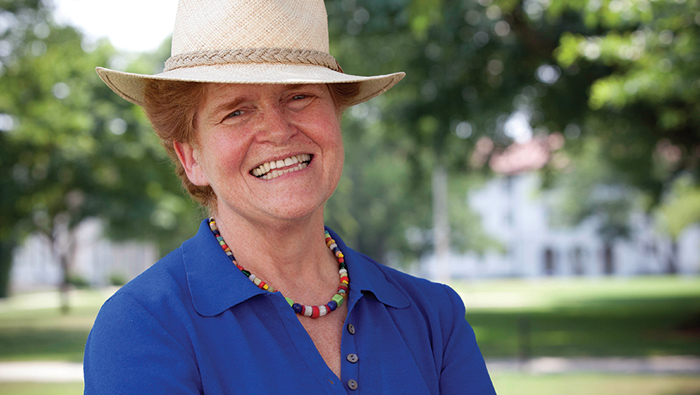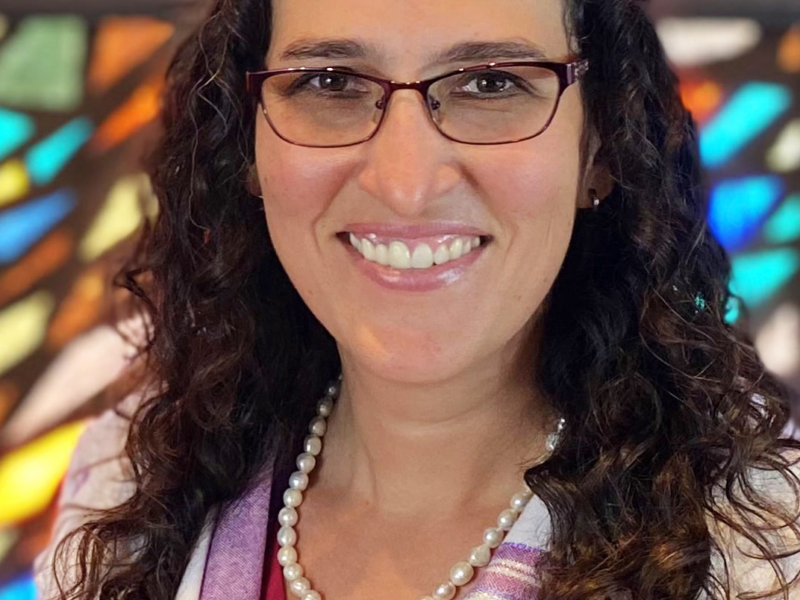The 16th Scottsdale International Film Festival kicks off Oct. 6 with an opening celebration complete with live music, food, beverages and the screening of “Denial,” based on the book History on Trial: My Day in Court with a Holocaust Denier by Deborah E. Lipstadt. “Denial” recounts Lipstadt’s legal battle for historical truth against historian David Irving, who accused her of libel when she declared him “one of the most dangerous spokespersons for Holocaust denial” in her 1993 book Denying the Holocaust: The Growing Assault on Truth and Memory. In the British legal system, in cases of libel, the burden of proof lies on the accused, therefore it was up to Lipstadt and her legal team to prove the essential truth that the Holocaust occurred. Academy Award winner Rachel Weisz portrays Lipstadt in the film and Timothy Spall plays Irving.
Although the trial occurred in 2000 and the book came out in 2005, the timing of the film’s release and current events are not lost on Lipstadt. “There is something uncanny about it all. When we planned on this film and fixed a date for making it, no one involved thought it would have the resonance that it does. Sadly, so. The rise of anti-Semitism is one aspect. It is prevalent in the world in so many ways. But on an even ‘larger’ stage is the contemporary debate over facts vs. opinions, lies vs. truth, which is roiling the American political arena,” she says.
Lipstadt also states that while hard-core Holocaust denial is not as prevalent as when she confronted it in the courtroom, “What is on the increase is soft-core denial. That is what we call sloppy comparisons to the Holocaust, Holocaust inversion (e.g. the IDF = the Nazis, the Palestinians = the Jews… whatever you feel about the Palestinian/ Israeli situation a comparison to the Holocaust is inaccurate in the extreme), etc.” She also shares, “There is a difference between fact and opinion, between truth and lies. There are not two sides to every story. One can argue about many aspects of the Holocaust – whose idea was it? What was the Germans’ primary motivation? etc. – but not whether it happened or not.”
The importance of accurately portraying Lipstadt’s story was paramount to those behind the movie. “I was in steady contact with David Hare, who wrote the screenplay. I was sent various drafts of his screenplays and was asked for my reaction, comments and corrections. Both David Hare and the director Mick Jackson visited me in Atlanta, attended my classes, met my students and talked with my friends. They wanted to get a feel for my life,” shares Lipstadt. “Then when Rachel Weisz joined the cast she reached out to me. She plumbed my memory for anecdotes about my personal and professional life, about my family, my personal history. She wanted to know everything she could. This, she told me, would all in some imperceptible way help her craft the character you see on the screen. I am told by friends in the movie business – something entirely new to me – that the level of involvement I had is unprecedented.”
Lipstadt was asked to be a consultant when the United States Holocaust Memorial Museum was in its design stage and currently serves on the United States Holocaust Memorial Council, having been originally appointed by President Bill Clinton and reappointed by President Barack Obama. “I treasure the fact that I could make a small contribution to the museum,” she says, “My work revolved around showing what the press and, hence, much of the public knew during the time of the Holocaust and in the 1930s about what was going on.”
She is also Dorot Professor of Modern Jewish History and Holocaust Studies at Emory College of Arts and Sciences. She wants a message to resonate with students who see the film, “I would hope that they all take away from this film the significance of the Holocaust and a deep understanding of what hate left unchecked can accomplish. For the Jewish students, I hope they would also understand that, while the Holocaust can never be forgotten, it cannot be the raison d’etre of their lives. They should maintain their Jewish identity despite not because of anti-Semitism and hatred.”





